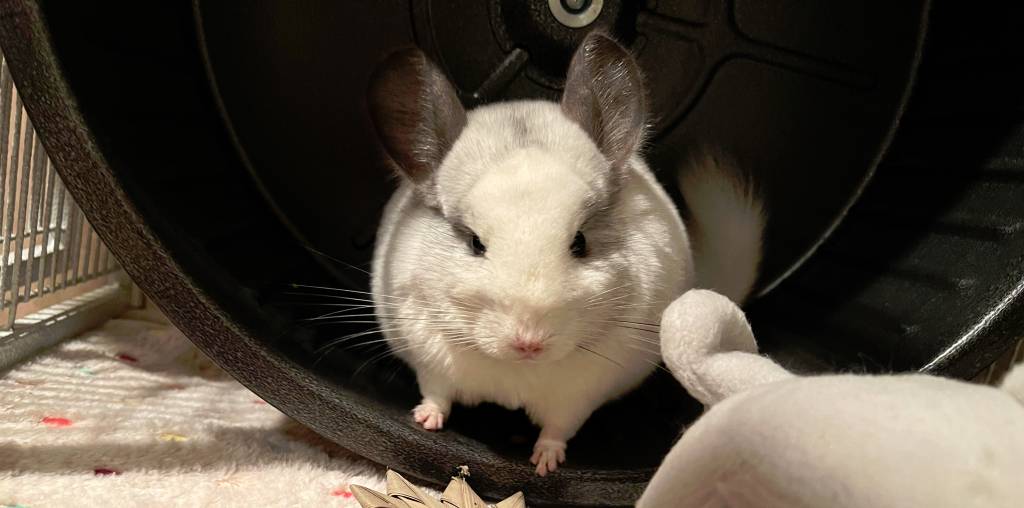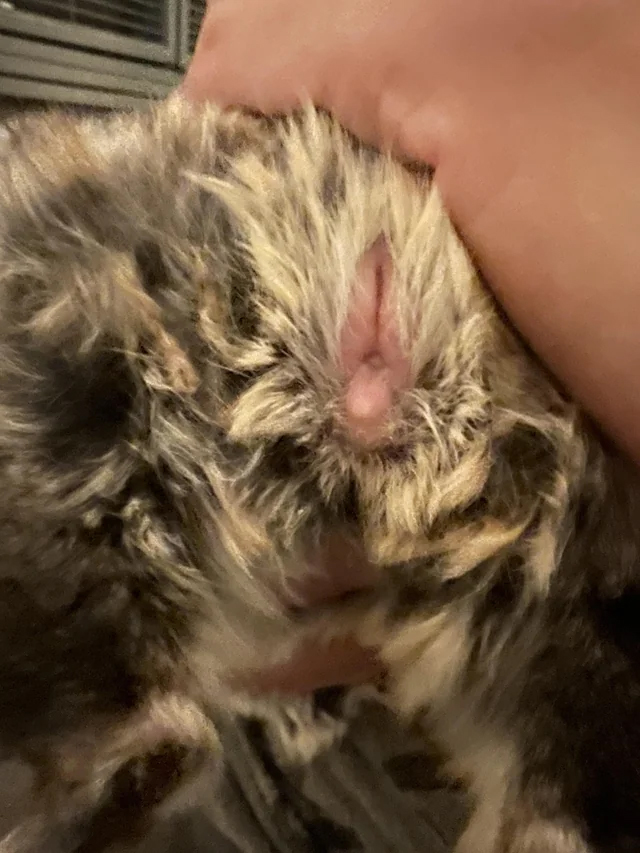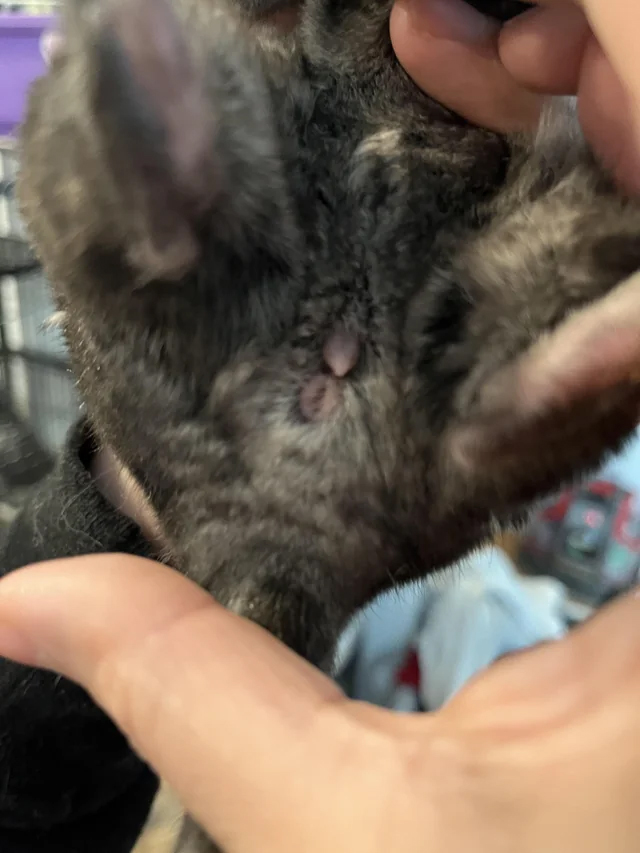If you’re mulling over the idea of getting a chinchilla as a pet, you may be curious whether you should opt for a male or female chinchilla. While both sexes of chinchillas make fantastic pets, there are some differences between the two that you should weigh up before making a decision. This article will delve deep into the contrasting traits, personalities, and breeding patterns of male and female chinchillas, helping you gain an in-depth comprehension of which gender might be more fitting for you and your loved ones.
Is There A Better Choice Between The Two?
One question that often arises when deciding to get a chinchilla is whether there’s a superior choice between male and female chinchillas. It’s an understandable inquiry, as each gender has its own distinct advantages and disadvantages. However, the answer isn’t always straightforward, as the “better” choice depends on your specific needs, preferences, and circumstances. In the following sections, we’ll take a closer look at the pros and cons of male and female chinchillas, helping you to determine which gender may be the optimal choice for you.

Disposition Between the Two Genders
When it comes to disposition, the dissimilarities between male and female chinchillas are quite pronounced. For instance, male chinchillas are typically more assertive and territorial than their female counterparts, often showing signs of aggression towards other males, especially during breeding season. This could translate into them engaging in a scuffle with other chinchillas or displaying dominance towards their living quarters, including their toys and accessories. Meanwhile, female chinchillas tend to be more amiable and sociable towards other chinchillas, often sharing their space with ease. Nonetheless, it’s worth noting that individual chinchilla personalities and upbringing may affect their behavior.
Male Vs. Female – Characteristics
When it comes to physical characteristics, male and female chinchillas have distinguishable differences. Male chinchillas tend to have bigger bodies and heads, and more noticeable ears. Females, on the contrary, have petite body structures, narrower heads, and tinier ears. In addition, males have a well-defined genital area, making it easier to tell them apart from females.
Differentiating The Gender
Determining the gender of a chinchilla can be a challenging feat, but it’s essential to distinguish between the two, particularly if you’re considering breeding them. The most straightforward method is to inspect their genital area, where males possess a cone-shaped penis and testicles, and females have a vulva without visible testicles.


Additionally, observing their behavior can also provide some clues. Male chinchillas are known to be territorial and confrontational, while females are usually more amiable and sociable. Nevertheless, these traits can fluctuate significantly, depending on the specific chinchilla’s character and upbringing, further adding to the confusion.
Breeding Pattern
Are you considering breeding chinchillas? Before you begin, it’s crucial to understand the breeding patterns of male and female chinchillas. Female chinchillas have a gestation period of approximately 111 days, with an average litter size of two to three kits. However, some females may give birth to up to six kits in a single litter.
It’s important to know that male chinchillas reach sexual maturity at an earlier age than females, with males able to breed as early as three months old. In contrast, females should not be bred until they are at least eight months old, as breeding females too early can lead to health problems and reduced litter size.
In conclusion, while male and female chinchillas may have some differences in temperament, size, and reproductive biology, both make great pets for the right owner. It is crucial to research and understand the characteristics of both genders before deciding which gender is right for you. Additionally, responsible breeding practices are essential to ensure the health and well-being of both the parents and offspring. With proper care and attention, male and female chinchillas can make wonderful pets and companions for many years to come.






